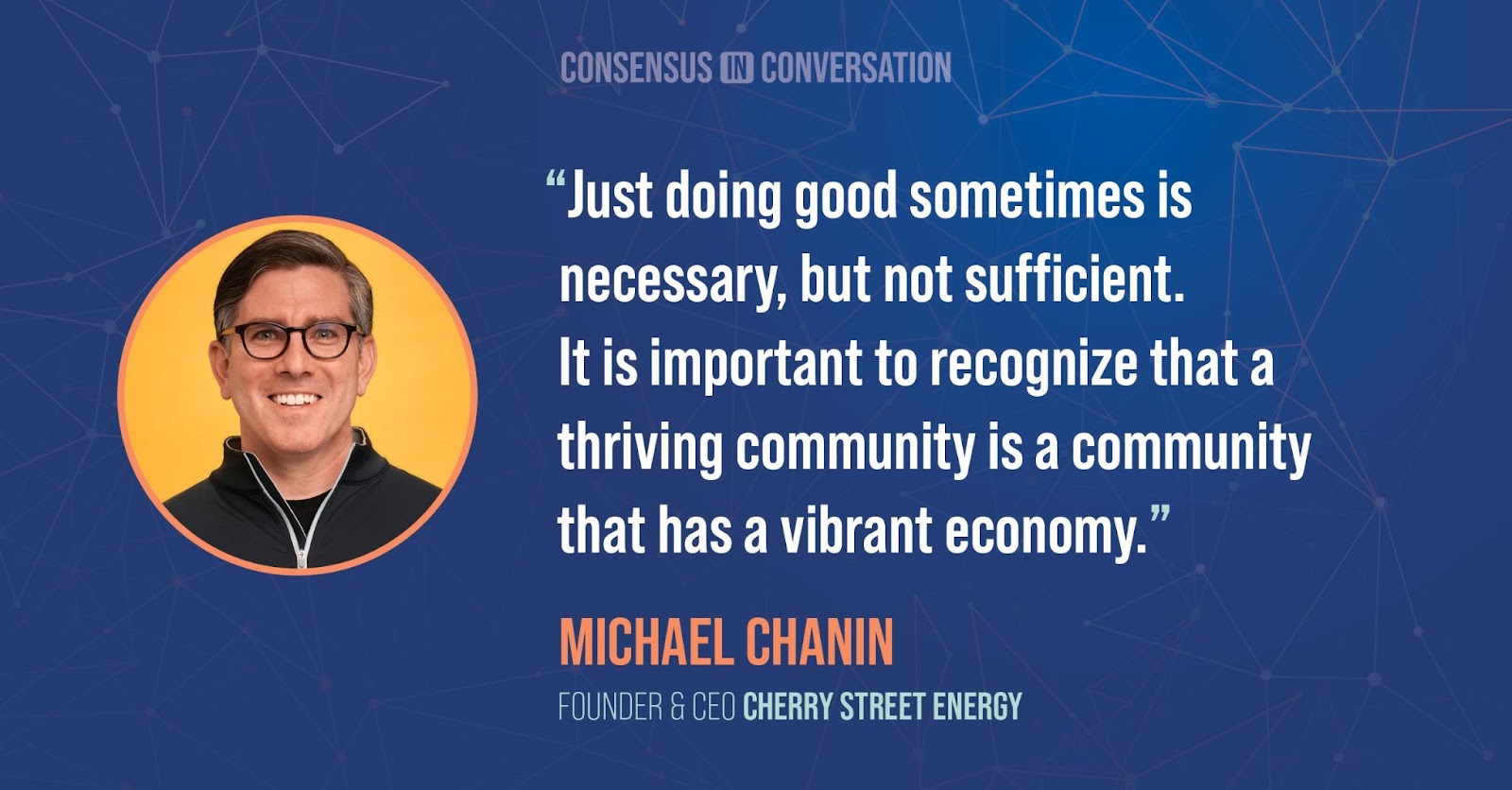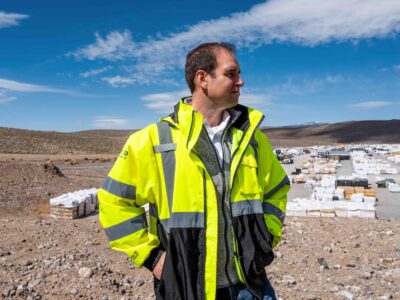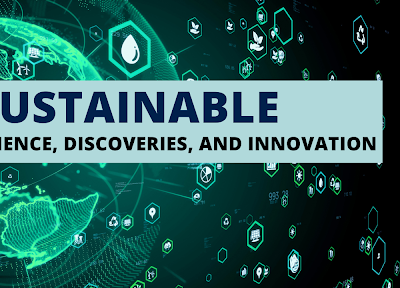
It takes something unique to be an entrepreneur. As a community, we often share an optimistic outlook, and sometimes, our big ideas graze the line between ambition and delusion. Where others see risk, entrepreneurs see potential. Where others see rejection, entrepreneurs see an amusing anecdote that we can laugh about with our team. The entrepreneur Michael Chanin, last Thursday’s Consensus in Conversation (CiC) guest, has these gifts, and his story provides a myriad of learnings, including the power of sustainability to drive profits and positive change.
In 2015, Georgia enacted the Solar Power Free Market Financing Act. This legislation authorized the third-party ownership of solar systems (power generating systems, not planets), which allowed firms to defray the costs of installing and managing panels for the consumer, instantly making solar power a viable complement to traditional energy resources. Michael studied the new law and envisioned the possibility of a new power company that would provide clean, affordable solar energy to cities, towns, and colleges for centuries to come. His idea would materialize when he founded Cherry Street Energy later that year and succeeded in the first private sale of electricity in Georgia’s history. The company then signed long-term power supply contracts with prominent institutions like the City of Atlanta and Emory University. These initial successes were great, but state borders do not confine the ambition of Cherry Street. As Michael prophesied on our show, “Cherry Street Energy aspires to go not just from Atlanta to Augusta. We’re going to go from Savannah to Seattle.” We are all on board!
Cherry Street has grown quickly because its business model was designed to navigate the challenges of the market effectively. Here are a few of our takeaways about Michael’s fascinating strategy:
1. Sustainability Flourishes in a Competitive Market. Innovation is an imperative as competition increases with factors like design quality and economical pricing differentiating one product from the next. Sustainability is one of these separating factors. By merging affordability, performance, and positive environmental impact, new technological advancements have aligned the interests of most stakeholders. Many now realize that balancing all three considerations is essential for long-term growth.
The rise of solar energy is just one instance of this phenomenon. Georgia’s 2015 law change (mentioned above) allowed for the entrance of new power companies like Cherry Street into the energy supply market. Michael’s efforts proved that solar could facilitate very profitable returns, and, in response, many of the incumbent utility companies increased their investment in renewables. A Southern Alliance for Clean Energy report documented that Georgia’s installed solar capacity increased from under 2,000 MW in 2016 to over 4,000. Increased competition was a catalyst for this unprecedented period of growth, and we are confident that this trend will continue throughout the rest of the decade.
2. Healthy Competition Is Not Cutthroat. One might think that the market must have both winners and losers, but stakeholder capitalism – spurred on by developments like electrification – leaves space for the success of many. These sustainable transformations’ immense scope requires innovation from legacy companies and new upstarts. If these parties work as collaborative competitors (rather than irreconcilable rivals), they can work together to divide and conquer, servicing a large area of great need.
Michael Chanin was quick to realize the validity of this perspective. While developing his idea for Cherry Street, Michael met with the former head of Southern Company, one of the South’s largest utility firms. As the incumbent provider of power, one might think that Southern Company would be Cherry Street’s natural enemy. Still, the energy leader reminded Michael that change is most often effectuated through cooperation. It turned out that Michael and the utility companies were more similar than meets the eye. They both sought to improve the quality of life in local communities by providing jobs, power, and investment. So, they understood that these goals could be more efficiently achieved by fostering a reciprocal relationship. For example, Cherry Street’s financial success helped Southern Company convince its shareholders that solar projects could be profitable. In turn, they shared their expertise about the existing infrastructure with Michael to support the energy transition as smoothly as possible. Today, as America’s fifth largest owner of renewables, Southern Company is investing heavily in clean energy infrastructure and innovation, with an estimated quadrupling of their renewable portfolio from 2015 to 2030. The Company was also a founder of Energy Impact Partners, putting $2 billion into the initiative, building a mutually beneficial dynamic for the region.
3. True Sustainability Requires Profitability. Energized by the urgency of climate change, society sometimes views sustainability through a strictly environmental prism. But, this interpretation is too narrow. The actual definition of the term requires that we safeguard the long-term well-being of our planet and everything living on it. We should remember that this directive includes the protection of humanity. Healing our natural ecosystems is crucial; however, if we are being realistic, financial security is also needed for human flourishing. Money purchases our daily necessities and rewards us in times of leisure. Similarly, capital fuels the initiatives that will heal the environment while remaining necessary for the functioning of governments and companies.
Michael runs his business using this guiding principle. Cherry Street’s work directly contributes to our transition away from fossil fuels and thus meaningfully reduces greenhouse gas emissions each year. But, to grow its business and expand the scope of its impact, Cherry Street cannot provide its services for free. They need a stockpile of capital to fund these efforts while incentivizing municipalities to shift towards renewables with the promise of cost savings. Michael said it best when he explained, “Just doing good sometimes is necessary but not sufficient. It is important to recognize that a thriving community is a community that has a vibrant economy.” This mindset allows Cherry Street to sustain both the environmental health of the planet and the financial health of every human stakeholder, a win-win that all business owners should strive to create.




